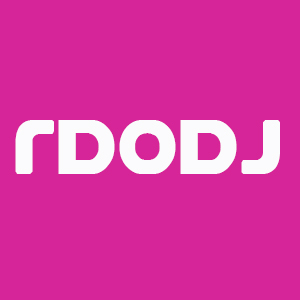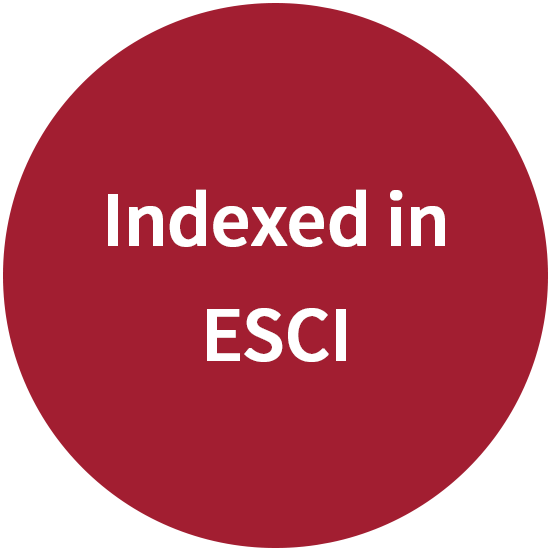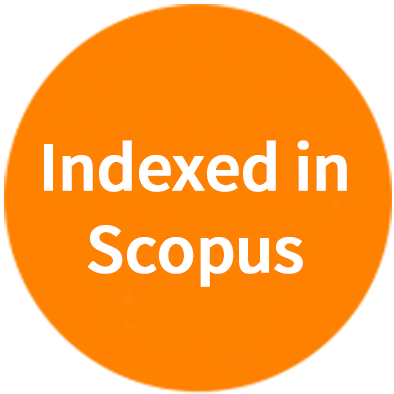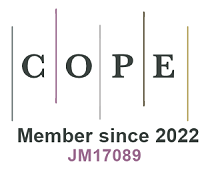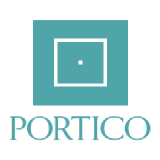Special Interview with Prof. Petros Tsipouras on the Future of Newborn Genome Screening
On October 21, 2025, the editorial team of the Rare Diseases and Orphan Drugs Journal (RDODJ) conducted an in-depth interview with Prof. Petros Tsipouras, a distinguished NIH-funded investigator and expert in medical genetics. During the interview, Prof. Tsipouras shared his insights on the current challenges and future directions of whole-genome newborn screening, drawing from his extensive experience in the FirstSteps Greece project and other pioneering initiatives.
Interview Questions:
1. In the FirstSteps Greece project, what were the main technical or data analysis challenges your team encountered in implementing whole-genome newborn screening, and how did you address them?
2. In newborn genome screening projects, given the wide range of potentially screenable genetic conditions, how do you determine screening priorities? Which scientific principles and strategic considerations are most important in this process?
3. For young researchers interested in newborn genome screening, which skills or areas of expertise should they prioritize developing? Based on your experience, what practical advice would you offer for planning and implementing such research projects?
4. At the International Newborn Sequencing Conference (October 6, 2023), you mentioned that the adoption of newborn screening can be influenced by parental consent, religious beliefs, and other social factors. In this context, what key practices help ensure that screening results are communicated to families accurately and transparently, enabling informed decision-making?
5. Looking ahead to the next five years, what major developments do you foresee in technology, policy, and clinical practice related to newborn genome screening? Which innovations are most likely to drive broader global adoption?
About the Interviewee
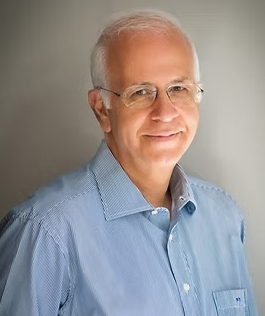
Petros Tsipouras has straddled successfully the interface of academia, clinical medicine, and entrepreneurship for the past 20 years. Petros life work has been spent in mapping, cloning, fixing genes, and applying it in the characterization and management of human genetic disease. He has spun off several biotechnology and healthcare data companies. Petros has been awarded 25 United States and International patents. Petros has served as an Adjunct Professor of Genetics at Yale School of Medicine. In the course of the past 20 years Petros was an NIH funded investigator in the Department of Genetics and Developmental Biology at the University of Connecticut Health Center where he was a Professor of Pediatrics and Genetics, and Chief of the Division of Human Genetics. He has published more than 150 original papers and book chapters in the molecular genetics and genomics of human disease. Petros continues to practice Clinical Genetics. He received his degree in Medicine from the National University of Athens and is a Diplomate of the American Board of Medical Genetics and the Canadian College of Clinical Geneticists.
Editor: Monica
Production Editor: Ting Xu
Respectfully Submitted by the Editorial Office of Rare Disease and Orphan Drugs Journal
